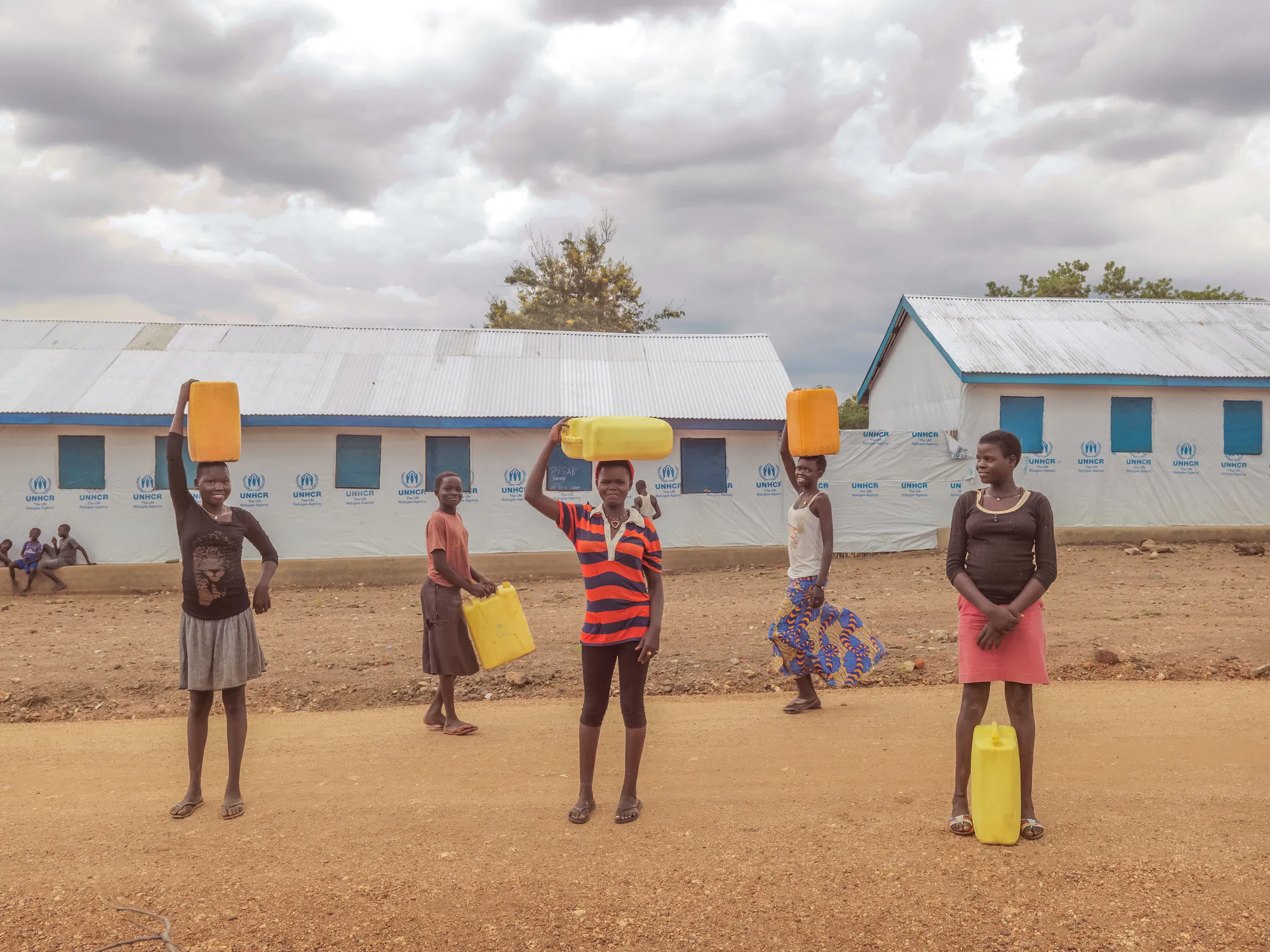When cases of the coronavirus virus began appearing in Africa, the Ugandan government adopted some of the continent’s strictest regulations, closing the country’s borders and enforcing a national curfew.
The country has reduced the spread of the virus, with 775 positive cases and no deaths as of June 9. In Uganda, as in many countries, the lockdowns have a disproportionate effect on vulnerable groups, leading to increases in gender-based violence and elimination of jobs, among other things. One out every three people in the country already lives in extreme poverty, surviving on under $2 per day.
In May, President Yoweri Museveni said the country will “slowly and carefully” ease restrictions, after having “tamed the virus.” While businesses begin to reopen, the country’s borders and schools will stay closed, and use of public transit and most private vehicles will remain prohibited, limiting people’s travel to foot or bicycle.
From his home in Kampala, CARE Uganda Country Director Apollo Gabazira discussed the lockdown, whether physical distancing is possible, and how the virus and its associated restrictions impact women, girls and refugees in Uganda.

